Denis Wilson Souza Rosa & Steffen Schneider
Databases on Kubernetes: Why you should care
#1about 3 minutes
The evolution of running databases in containers
The community's perspective shifted from advising against running databases in containers to embracing it due to improvements in Docker and the rise of Kubernetes.
#2about 1 minute
Challenges of a naive database deployment on Kubernetes
A simple deployment of a database like MySQL on Kubernetes creates configuration management problems and requires maintaining multiple container images.
#3about 5 minutes
Using custom resource definitions to manage configuration
Custom Resource Definitions (CRDs) extend the Kubernetes API, allowing you to store application-specific configuration directly within the cluster.
#4about 4 minutes
Understanding stateful application failures in Kubernetes
Standard Kubernetes deployments fail to manage stateful applications like databases because they don't handle node failures, pod affinity, or state recovery automatically.
#5about 5 minutes
The Kubernetes operator pattern for database automation
The operator pattern uses custom controllers to listen for events and encode operational knowledge, automating complex tasks like database recovery and upgrades.
#6about 10 minutes
Live demo of the Couchbase operator in action
The Couchbase operator demonstrates self-healing by automatically replacing a deleted pod, rejoining it to the cluster, and rebalancing data without manual intervention.
#7about 7 minutes
Scaling and upgrading a database with an operator
Operators simplify complex operations like scaling out nodes, performing rolling upgrades, and tuning resource allocation by just modifying a declarative configuration file.
#8about 3 minutes
Comparing managed DBaaS with databases on Kubernetes
While managed DBaaS is simpler for small workloads, running databases on Kubernetes with operators provides greater flexibility, control, and cost-effectiveness at scale.
#9about 4 minutes
Storage and performance considerations on Kubernetes
Using local persistent storage is recommended for performance, and benchmarks show only a minimal 3-4% overhead when running databases in containers versus bare metal.
#10about 1 minute
Key takeaways for running databases on Kubernetes
When running databases on Kubernetes, choose a mature operator, prefer local persistent storage, and account for a small performance overhead compared to bare metal.
Related jobs
Jobs that call for the skills explored in this talk.
Featured Partners
Related Videos
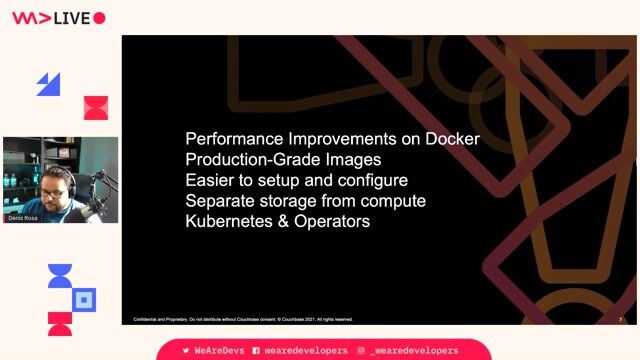 48:45
48:45Databases on Kubernetes
Denis Souza Rosa
 43:28
43:28Tomorrow's cloud data platforms - fully managed database-as-a-service (DBaaS)
Gregor Bauer
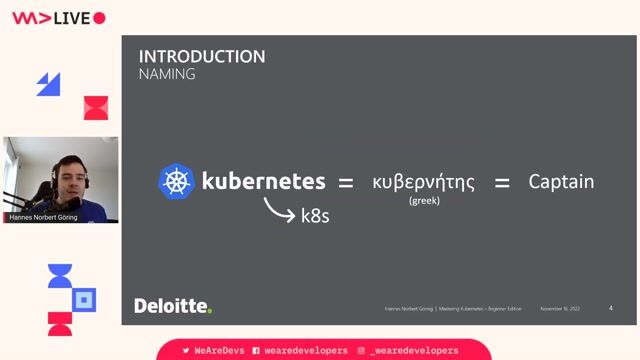 57:24
57:24Mastering Kubernetes – Beginner Edition
Hannes Norbert Göring
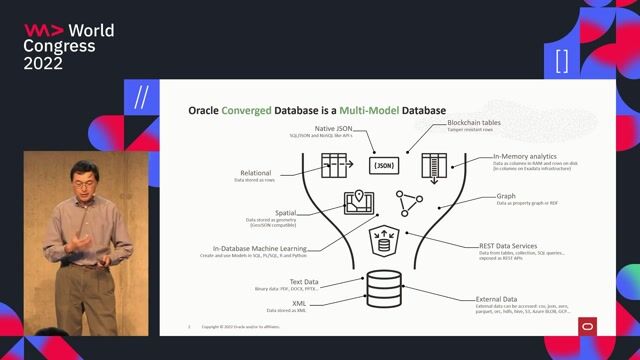 29:30
29:30Kubernetes and Microservices with Multi-Model Databases
Wei Hu
 29:21
29:21Kubernetes Maestro: Dive Deep into Custom Resources to Unleash Next-Level Orchestration Power!
Um e Habiba
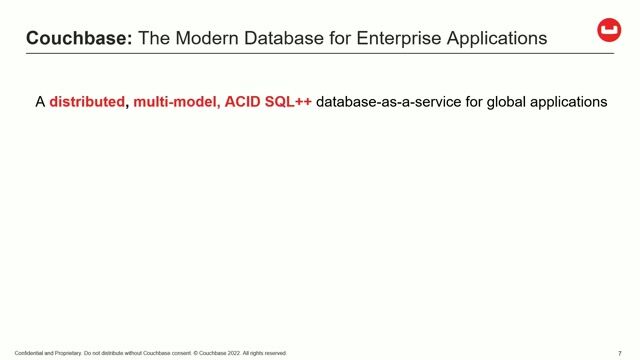 24:22
24:22Database Magic behind 40 Million operations/s
Jürgen Pilz
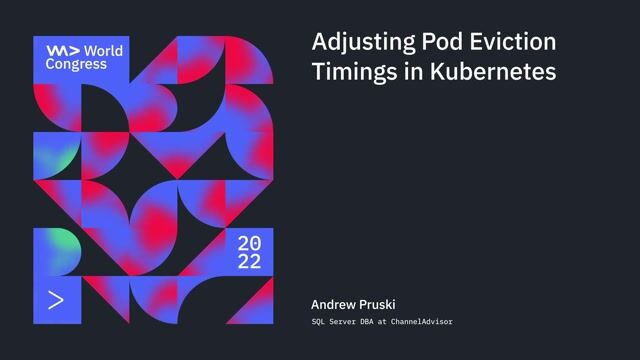 29:06
29:06Adjusting Pod Eviction Timings in Kubernetes
Andrew Pruski
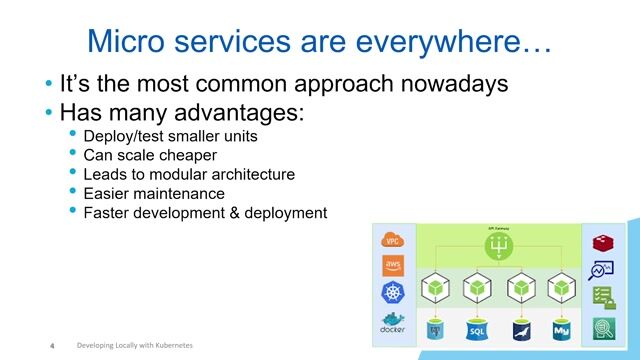 39:20
39:20Developing locally with Kubernetes - a Guide and Best Practices
Dan Erez
From learning to earning
Jobs that call for the skills explored in this talk.


DevOps Engineer – Kubernetes & Cloud (m/w/d)
epostbox epb GmbH
Berlin, Germany
Intermediate
Senior
DevOps
Kubernetes
Cloud (AWS/Google/Azure)
Fullstack DevOps Architect-Openshift
KBC Technologies UK LTD
Charing Cross, United Kingdom
Bash
DevOps
Python
VMware
Ansible
+5
AI Platform Engineer - OpenShift & Kubernetes F/H
Arkadin Cloud Communications
Canton d'Antony, France
REST
Linux
Nginx
DevOps
Python
+11
DataCenter DevOps Specialist - Schwerpunkt Kubernetes & Automatisierung (m/w/d)
AKDB
Augsburg, Germany
Bash
YAML
DevOps
Python
Ansible
+6
Solutions Architect - Kubernetes
CoreWeave Europe
Charing Cross, United Kingdom
Remote
€116-155K
Kubernetes
Kubernetes Specialist
CompuSafe Data Systems AG
München, Germany
Linux
VMware
Routing
Kubernetes
Load Balancing
Devops Expert - kubernetes / Go / Datadog
ASFOTEC
Canton de Lille-6, France
Remote
Intermediate
Azure
DevOps
Python
Grafana
+3


